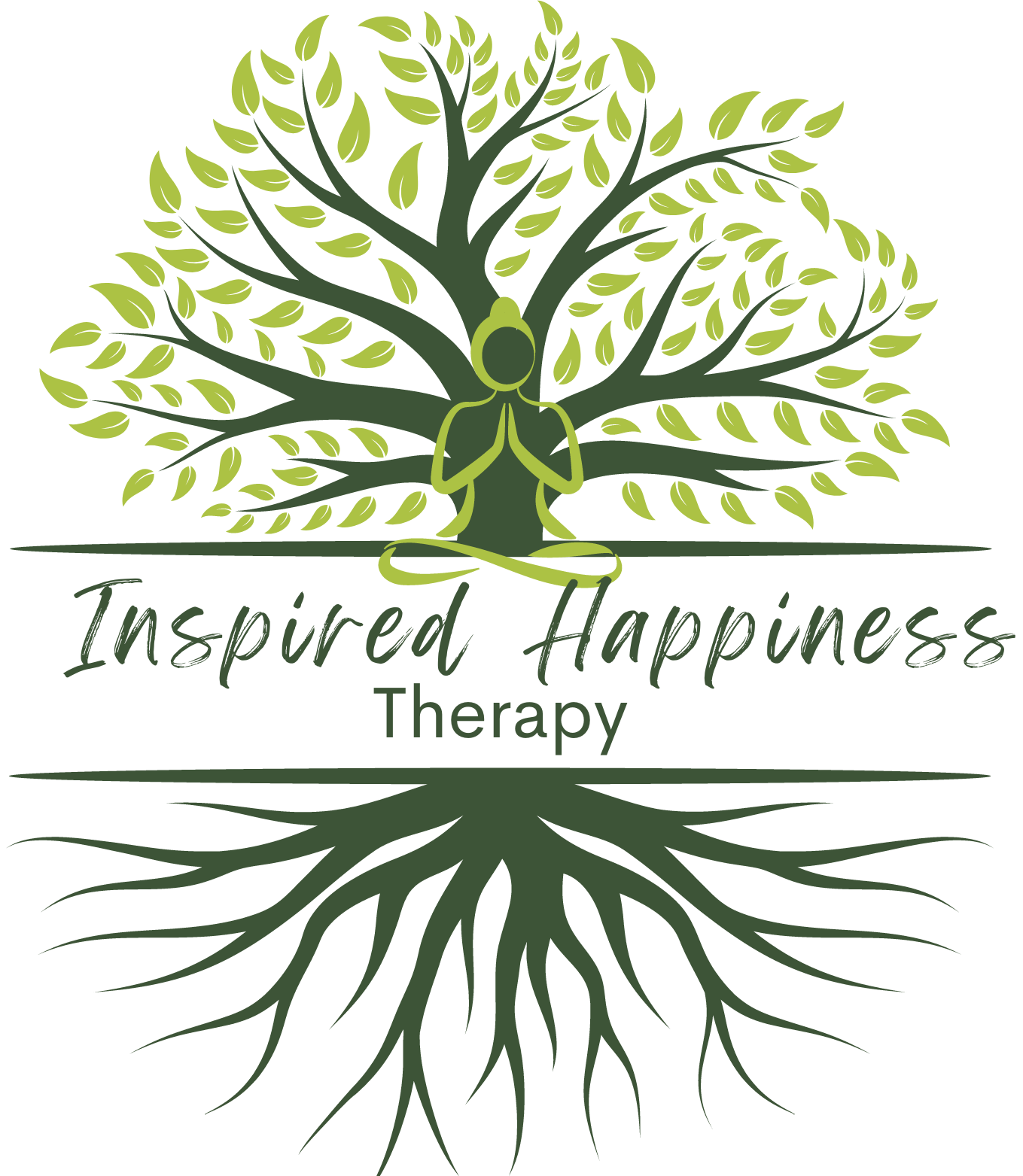
“No one’s ever sat me down and taught me what empathy is or why it matters more than power or patriotism or religious faith.”
―
“Christ the man died long ago, but Christ the idea of love, still exists, not in any church, rather in the mind of humans.”
―
Religion and Trauma
The idea that religion, religious beliefs, or the practicing of our religion might lead to harm for those we love probably sounds ridiculous to many people.
Unfortunately, religious trauma is a reality for many in the United States and around the world. I hope that if you have a knee-jerk reaction of offense at this subject you will read on with an open mind! It is definitely not a judgement on all religious people or an attack on religion as a whole.
Most people in the world practice some form of religion. Only 15% of the population identify as secular, atheist, agnostic, or similar. 56% of the world’s population practice either Christianity or Islam – both of which have both liberal and more fundamentalist believers.
I grew up here in the “Bible Belt” the ultra-religious, mostly Christian section of the United States. Like many if not most, I grew up attending church with my family. Neither of my parents attended church regularly prior to moving to Mississippi but one evening some people knocked on our front door and invited them to come to the Southern Baptist church down the street, so we went. Eventually we joined a non-denominational Christian church before returning to the same Southern Baptist church several years later.
Who Is Negatively Effected by Religious Beliefs?
The LGBTQ population, women, children, racial minorities, blended families and people who have been divorced are just a few examples of those that might be negatively impacted by religious beliefs. That is not to say that men cannot also be negatively impacted because they can be.
While certainly those who have been sexually abused or assaulted within the church have absolutely been traumatized, this post is not about that. We will focus more on how the attitudes of religion as an institution impacts those that are “othered” rather than overt abuse that some individuals within the church perpetrate.
For the sake of brevity, this will be the first in a series of posts so please be sure to read the rest of the series! I will link them at the end of the post as they are available.

Religious Trauma Syndrome
Dr. Marlene Winell, a researcher with a PhD in Human Development, coined the term Religious Trauma Syndrome (RTS) in 2017. RTS is: “a set of symptoms and characteristics that tend to go together and which are related to harmful experiences with religion. They are the result of two things: immersion in a controlling religion and the secondary impact of leaving a religious group.”
RTS is not currently a DSM diagnosis, it is rather a collection of symptoms that Winell and others have identified. It’s important to keep in mind that not being a diagnosable illness does not mean that RTS is not legitimate and real. For example, codependency is something most professionals recognize and treat and it has never been in the DSM.
Whether one might meet the criteria of having a syndrome versus simply needing to heal the wounds that their traumatic experience has left is irrelevant. What is important is that as a society and as mental health professionals we are recognizing that people are both damaged by the beliefs that they are taught within religion and that leaving that religion, if they choose to, can also negatively impact their emotional well being.
The Pain of Alienation
Few things are as personal to us as our spiritual and religious beliefs. Because many people in the United States are raised within a religious tradition, finding one’s self hurt by the teachings of that religion can cut deeply. The pain of not fitting into the framework of a “good Christian” or “good Muslim” begins as soon as a person realizes that they are different than they feel the should be. Whether someone is LGBTQ, contemplating a divorce from an abusive spouse, or questioning things they have been taught that no longer make sense, additional pain is caused by believing that one is “going against God.”
The idea that one’s personal safety or emotional well-being is not important to a loving creator does not seem to play a part in most people’s thinking. We hear “God is love” and yet believe that because of who we are or what we do he will not love us anymore. As an adult, I have found the idea that God can love you if you stay in an abusive marriage but not if you divorce to be impossible to accept. I have had clients say “perhaps God wants me to be unhappy.” People who genuinely believe that God is testing them or wants them to be in pain will make the active decision to stay in situations that are unhealthy or even dangerous.
For some, it is easier to accept being unhappy for 80-90 years if it means the promise of “eternal salvation” and the potential for happiness in heaven. In practice, it is very difficult to live in emotional turmoil and pain, whatever the motivation.
Turning One’s Back on God
For some, the idea of leaving the church is tantamount to turning their back on God. They believe that to disagree with a teaching of their religion or denomination is to literally disagree with God. The more evangelical or fundamental the church one belongs to is, the greater the potential that questioning teachings will be seen as just short of evil. It seems antithetical that a creator who gives humanity the potential to think and reason would expect blind acceptance of the 783,000+ words in the Bible. Faith is not based on ignorance. To have faith is to make a choice without evidence which is not the same as making a choice without critical thought.
When a person is faced between living their life with freedom or living a lie, it may be easier to imagine living a lie than losing their family. Many who leave organized religion run the risk of being ostracized from their family of origin. I had a client who described a parent crying, inconsolable at the idea their adult child would be “going to hell” because they no longer believed what the parent believed.
“I was convinced by then that I was a complete spiritual failure. My college counseling department had offered to get me real help (which they later did). But to my mind, at that point, such help couldn’t fix the core problem: I was a failure in the eyes of God. It would be years before I understood that my inability to heal my bulimia through the mechanisms offered by biblical Christianity was not a function of my own spiritual deficiency but deficiencies in Evangelical religion itself.”
 Learning to Heal
Learning to Heal
Whether you are still practicing your religion, have chosen to leave, or are contemplating leaving, there may be no personal journey more alienating. There may also be no personal journey more agonizing. Even if you are now atheist or agnostic, the wounds left behind may be long-lasting and deeper than you can process alone.
I chose to add healing from religious trauma to my specializations for two reasons: in part because of my own deep, painful wounds inflicted by my time in the Southern Baptist faith and because of a story that a client told me about their child who is LGBTQ. The trauma inflicted on their child by those in the church damaged not only that child but the entire family and impacted the client’s own faith. I saw the need for this, especially in the state of Mississippi. I believe that in the helping field that if we are able to meet a need that is not currently being met, it is our duty to do so.
If you have experienced religious trauma, in any capacity, you are not alone. There is nothing wrong with who you are. I have no desire to “lead you back to God.” Therapy is a journey of healing. If you need help healing, you are safe in the office of a mental health professional.

Stacey ALdridge, LCSW
Stacey is a therapist in private practice and the owner of Inspired Happiness Therapy and Wellness in Ridgeland, MS. If you are in the state of Mississippi and are interested in seeing Stacey for therapy, please visit the Appointments page.

Like!! Really appreciate you sharing this blog post. Really thank you! Keep writing. Merle Ellsworth Buchheim
It’s really a great and helpful piece of information. I am satisfied that you simply shared this helpful
info with us. Please keep us informed like this.
Thanks for sharing.
Excellent post! We are linking to this great content on our site. Keep up the great writing. Sung Limle